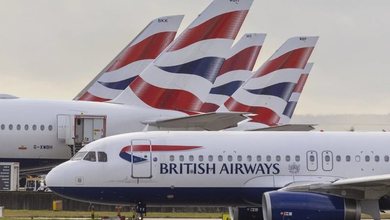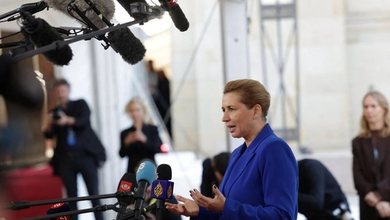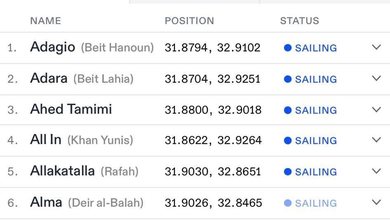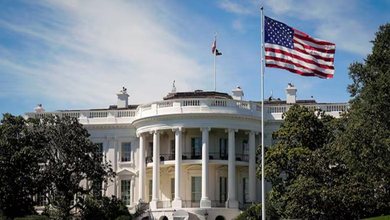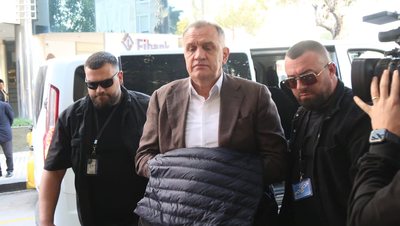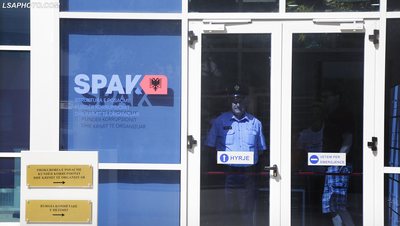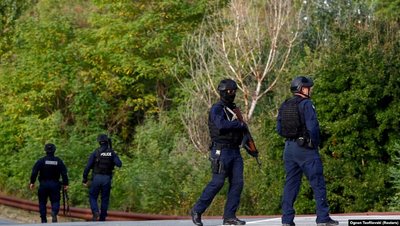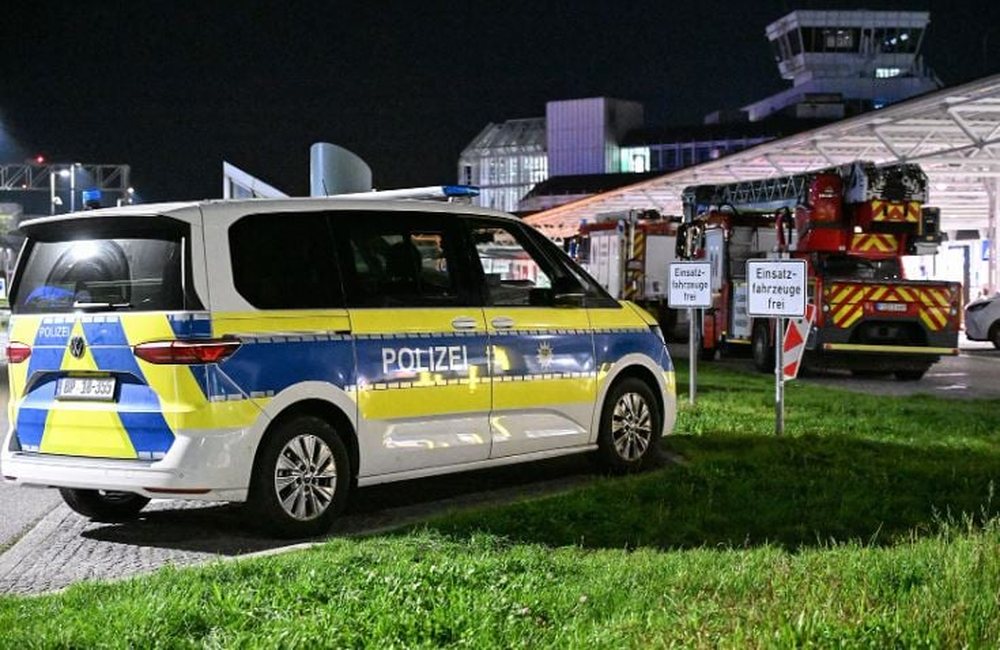
Munich International Airport in Germany was closed for nearly seven hours last night after a wave of drone sightings over its airspace, becoming the latest European aviation hub to suspend operations due to unexplained drone flights.
According to an official statement from the airport authorities, the suspension of flights began shortly after 10 p.m. on Thursday. Within a few hours, a total of 17 flights were canceled, affecting around 3,000 passengers. In addition, 15 planes scheduled to land in Munich were forced to divert to other German airports, such as Stuttgart, Nuremberg and Frankfurt, as well as Vienna in Austria.
Flight tracking website Flightradar24 recorded planes circling the airport around 11 p.m. before being instructed to divert to alternative destinations. After assessing the situation and ensuring the safety of arrivals and departures, authorities decided to reopen the airport at 5 a.m. Friday. An airport representative told CNN:
"Now everything has resumed. Some flights were canceled, but the airport has reopened. As of 5 a.m., all arrivals and departures are safe."
The first flight expected to land after the reopening was a long-haul Lufthansa flight from Bangkok, scheduled to arrive at 05:25. Munich, located in Bavaria in southern Germany, is one of the country's largest air transport hubs and a major hub for German airline Lufthansa. In the first half of this year alone, the airport served nearly 20 million passengers.
A Lufthansa spokesperson confirmed to CNN that a total of 19 of the company's flights were affected by the closure, including three intercontinental flights to Asia, which will be rescheduled. For passengers left waiting, the company provided food, drinks, blankets and camping beds inside the terminal. Several photos circulated in the media showed passengers spending the night sleeping in the airport premises.
German authorities have launched an investigation into the cause of the incident. CNN has reached out to the Bavarian State Police, the Federal Criminal Police Office, and Germany's domestic intelligence service for comment.
The Munich incident follows a series of similar incidents that occurred last week at several Danish airports, affecting tens of thousands of passengers. In response, Danish authorities decided to temporarily ban all civilian drone flights in the country's airspace, at a time when Copenhagen was hosting a key summit of European leaders on support for Ukraine and continental security.
One of the key points of discussion at the summit was the initiative for a “drone wall” – a layered network of integrated technologies and systems for detecting and neutralizing suspicious drones, which would be based on the cooperation and capacities of EU member states.
Europe is already on heightened alert following reports of suspected Russian drones entering NATO airspace over Poland and Romania, as well as a possible violation of Estonian airspace by Russian fighter jets.
Danish Prime Minister Mette Frederiksen stated that although a clear conclusion has not yet been reached on the perpetrators of the drone incidents in Denmark, there is only one possible main source:
"At least we can conclude that there is primarily one country that poses a threat to Europe's security - and that is Russia."
The Kremlin has categorically denied the accusations, as well as claims of airspace violations by its aircraft.
In a four-hour televised public appearance on Thursday, Russian President Vladimir Putin mocked Western accusations of Moscow's involvement in the drone incidents, describing them as NATO's attempts to stoke tensions and justify increased military spending.
"I won't go anymore. Not to France, not to Denmark, not to Copenhagen," Putin said ironically, referring to the accusations about drone flights.
However, he also added a coded warning:
"We are closely following the growing militarization of Europe. Is all this just talk, or has the time come for countermeasures? No one should have any doubts that Russia's countermeasures will not be long in coming."





